words from a writer: RACHEL ABBOTT
MORE THAN BEING A WRITER
The world and Norman Warwick reads Rachel Abbott
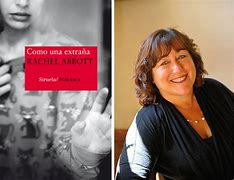
Rachel Abbott is the pen name of Sheila Rodgers, (born 1952) and under that pen name is a British author of psychological thrillers. A self-publisher, her first seven novels (and one novella) have combined to sell over three million copies, and have all been bestsellers on Amazon‘s Kindle store.] In 2015, she was named the 14th bestselling author over the last five years on Amazon’s Kindle in the UK.Abbott grew up near Manchester, England. She worked as a systems analyst, and then founded an interactive media company, developing software and websites for the education market. She sold the company for around £5 million in 2000. Following the sale, she moved from Lancashire, England, to Italy, where she restored a 15th-century Italian monastery that for a time she and her husband operated as a venue for weddings and holidays.
In 2009, Abbott decided to write a book about an average, everyday woman put into a situation where she had no other option but to commit murder It took Abbott 18 months to write the first draft.
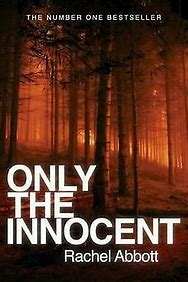
In November 2011, after it was rejected by several literary agents, Abbott, then 59, published her first novel, Only the Innocent, on Amazon, under her pen name. The book sold slowly at first, with sales taking off after Abbott put together a strong marketing campaign.
Abbott followed up Only the Innocent in 2013 with The Back Road and in 2014 with Sleep Tight. Her fourth novel, Stranger Child, was published on 24 February 2015. Later that year, she published the novella Nowhere Child, which has the same characters as Stranger Child. In 2016, she published her sixth novel, Kill Me Again. Her five novels and one novella all focus on relationships and crime, and all feature the same detective, Chief Inspector Tom Douglas. Abbott has described the character as “a genuinely honest, nice guy who just seems to be attracted to the wrong women.”
Working with an agent since 2012, she published in the UK, and through a publisher in North America. Her books have been translated into seven different languages.
By 2015, Abbott’s first three novels, all published in the UK, with the first two published by Thomas & Mercer in the US, had combined to sell one million copies. All three have been bestsellers in Amazon’s Kindle store. By March 2016, she had sold two million books. In 2015, Abbott was named Amazon’s most popular independently published author in the UK she is Amazon’s number one e-book seller in crime and thriller writing. Also in 2015, she was named the 14th bestselling author over the last five years on Amazon’s Kindle in the UK, after first publishing on the platform in 2011.[4][15] For the year 2015 (through August), Stranger Child was the most borrowed book from Amazon UK’s Kindle Owners’ Lending Library service, and number 11 on Amazon UK’s list of best-selling eBooks of 2015.
In 2017, The Express called her the “Queen of the twisted suspense novel.” That year, following a five-way auction, Abbott signed a two-book deal with Headline Publishing Group to become a “hybrid author”. The first book in the deal is And So It Begins, a psychological thriller that asks if there can ever be a proper defence for murder. It introduced a new character, Sergeant Stephanie King, when published in 2018.
Abbott was invited to be a judge for Amazon‘s inaugural Kindle Storyteller Award in 2017 alongside model and actress Lily Cole and the Alliance for Independent Authors founder Orna Ross.
It was around that time that million selling Kindle author Rachel Abbott gave the deceptively simple one word questions we call the five bums at the bar all due consideration when talking to Lanzarote based writer Leigh Whiting for Sidetracks & Detours about the who, what, when, where and why of her work
Leigh´s first question was who most inspired, or encouraged, you to become a writer?
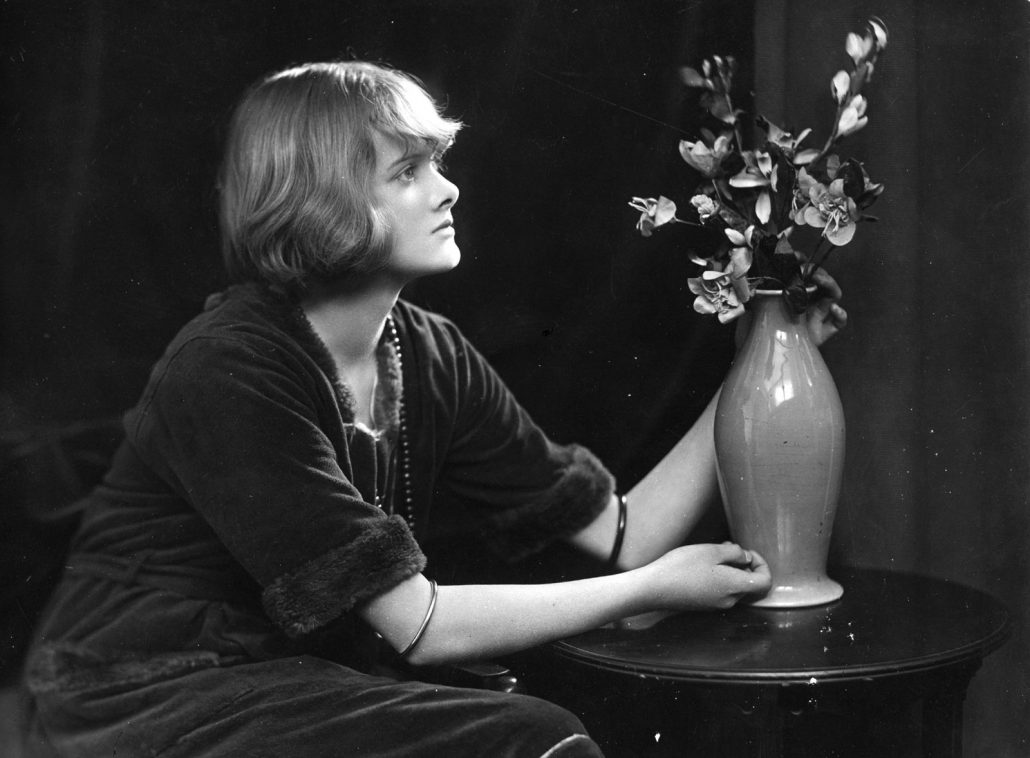
´That’s quite a long list!” was Rachel’s initial response. “My original inspiration for everything book related was my Mum. She was an avid reader and gave me a love of words from a very early age. I was inspired by Daphne du Maurier’s books when I was younger but my addiction to thrillers grew with a host of brilliant writers to add fuel to the fire of my writing ambition. I loved the early Minette Walters books, and still devour anything written by Val McDermid. Encouragement came initially from my husband, who coped amazingly well with being ignored as I wrote, and now my agent – Lizzy Kremer – offers the best form of encouragement as she reads and provides feedback on my ideas and stories.´
Again, Rachel, shows no hesitation when asked what she finds the most difficult part in the process of writing?
“Starting the first page. I am a great planner, and I spend a lot of time researching and creating detailed notes of my characters, locations, and plot lines. But making the leap from a hypothetical novel to actually starting it can be quite difficult for me. I feel safe when planning, and then exposed when writing. For a long time I used to spend hours figuring out how to start my book, and I wasted too much time. Now I just jump in there and write. I can go back to the beginning and create something that I am pleased with later, when the characters and the story have taken shape.”
When, in that process, do you know how your story will end?
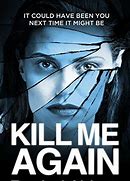
´I know from the start who has done – or is going to do – what. But I don’t necessarily know the shape of it, or how it will work out. For example, when I wrote Kill Me Again I knew what was going to happen to the main characters, but it was only as I wrote the pages leading up to the end that I discovered – and it does feel like a discovery – how the actual scene would play out.
With the book I’m writing at present, I know what happens to everybody, but at the moment I’m not quite sure how it will happen. In a strange way, as the characters develop they begin to take over the plot and will dictate the right ending.´
Leigh mischievously wondered where Rachel, the author, hides when the story becomes frightening, or whether she is always in control?
“I’m not sure that I hide! When the story becomes frightening I find I type a lot quicker (and I’m a fast typist to start with) and my posture at the desk changes. I sit up, and lean slightly forward as opposed to lounging back in my chair, typing at arm’s length. I would hate to think that I’m so in control that my books don’t frighten me, and it’s important that I feel the fear that my characters are suffering. By sharing each terrifying moment with them, I would hope this gives me the ability to translate their experiences into words for my readers.´
The final question in Leigh´s five part interrogation is about why Rachel, as a Northern writer, feels it important to represent her city of Manchester?

“I love Manchester, it’s a great city, with wonderful people, that’s why. I find writing about it easy, because I know it so well. Or at least, I thought I knew it, until I started researching for Nowhere Child and Kill Me Again – both of which explore some of the derelict areas of the city. I also feel that I understand the people, and how they would react to different situations, and it’s somewhere that I feel entirely comfortable, even though I haven’t lived there for twelve years. But Manchester is somewhere that I will always go back to, and it will always feel like home.”
Since she started writing in retirement, Rachel Abbott has sold millions of copies using Kindle Direct Publishing. KDP arranged for Rachel to give Writers Online readers her advice for anyone thinking of entering the Kindle Storyteller Award or setting out as an independent author:
Find a special time when you can write undisturbed. For me, it becomes a part of the day I look forward to, especially if I’ve have got the rest of the inevitable administration work out of the way, because – particularly if you are an independently published author – there is a lot to do in addition to simply writing.
Set yourself goals. Writing is quite a lonely experience so to stay motivated I set myself goals, such as the number of scenes to outline or words to write each day. I consider writing to be a job – not something I can pick up and put down at will, and that keeps me focused. It’s the best job in the world, though.
Plot and plan your narrative before you embark on the story. I use brainstorming tools and writing software such as Scrivener to organise my thoughts.
Even then, the plot can change dramatically before I get to the end, but once I have the structure in place and I’m confident that it works, it’s hard to run out of inspiration.
Be professional. You are up against writers who are published through traditional means, and their books have a professional team behind them. The book that you publish has to look just as good as anybody else’s. The fact that you do not have a team of designers, editors, and publicists behind you means that whilst you have complete control over the process you do have to manage everything from the editing, to the cover design, to the marketing of your book. It is often worth thinking about getting professional help, particularly with regards to the editing process.´
Her advice there about being unafraid to seek professional help in various stages of writing remains valid even after I learned from this month´s Writing Magazine what a huge skills-set Rachel has created from several aspects of her life, and of how frequently she has dipped into that skills-set to achieve success as an author.
In an article by Tina Jackson, carrying a strap line proclaiming Rachel as ´one of the world´s biggest hybrid authors´ and looking at how she had achieved that, Rachel talks about her earlier successful career as a systems analyst before she founded her own inter-active media company which she then sold before moving to Italy and starting to write.
She may have only started writing in her fifties, but Rachel has now sold more than four million copies of her books, whilst still following a route she identified with her first novel. Rachel continues to self-publish much of her work, after releasing her first novel through Amazon.
That debut book, Only The Innocent, took her eighteen months to write but on completion she became very frustrated and impatient by the lengthy process of submitting to publishers who might take a very long time before finally responding with their rejection.
Instead, and with some good fortune, she ´accidentally´ learned that she could upload to Kindle via Amazon and then apply her own marketing skills, gained in those previous jobs, to get the book to its readers.
Even today, Rachel peddles her wares in two markets, one for her established readers and one for her yet to be identified new readers.
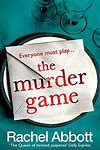
Therefore, although she still enjoys greater income from her self-published titles, she also has a publishing deal for a series of books clearly identifiable from those she self-publishes, and her latest thriller, The Murder Game, is published by Wildfire, an imprint of Headline.
Publishers can get hardback copies into Waterstones´ but doing so is still very difficult for any self-published writer, even one as successful as Rachel, with her books have now being translated into more than twenty different languages.
All her work, whether self-published or through publishing houses, reveals Rachel´s love of creating characters.
´I think its important that characters are distinctive and have a clear personality,´ she told Tina. ´I spend a lot of time developing character traits. As a character is fleshed out they then start to take over the story.´
Because Rachel feels she has to prove herself all over again with each new novel, she always tries to ensure the premise of each story is unique.
´It´s not re-inventing the genre,´ she says, ´but it is about stretching the boundaries.
However, it is after setting the premise and creating the characters that the hard work really begins.
She develops a plot with a beginning, middle and end that she recognises will be subject to change throughout her writing of the story,…because her characters will be really be writing the story !
All this is done on Scrivener software, largely because of its side-panels that she feels are easier to handle than Word. Each writing day begins with her reading back the product of the previous writing day, and then tweaking it. If a book is being released through Headline, for example, it will be a given a structural edit, a copy edit and a line edit and by the time she finishes writing a book Rachel might have read it several times on the way to what is usually around thirty separate reads.
Whatever exacting standards are applied to her publishing-house novels she seeks to apply to her own self-published works, so these, too, are subject to scores of re-reads and a similar editing process, carried out by her agent and various contracted copy editors and proof readers.
Tina makes it very obvious throughout her article, and indeed concludes the piece by stating categorically, that Rachel Abbott remains a forward-thinking business woman who is not at all complacent about everything she has achieved.
Rachel seems to endorse that observation with her own final comment.
´(Writing) is even more terrifying now, because there´s an expectation. There´s no way I can take it for granted!
´

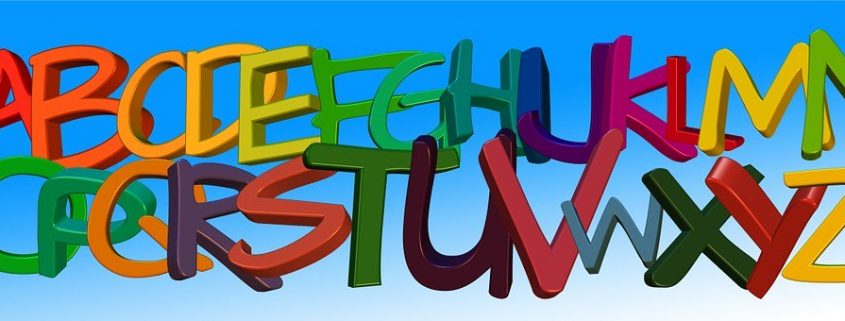


Leave a Reply
Want to join the discussion?Feel free to contribute!